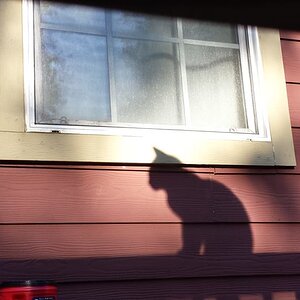Max74
TPF Noob!
- Joined
- Oct 12, 2014
- Messages
- 7
- Reaction score
- 0
- Can others edit my Photos
- Photos NOT OK to edit
I like the idea of always having at least a UV or polarized filter on my lense for protection. Can I stack these two together? Should I? Which one would you leave on most of the time? Pros and cons of each?
Thanks
Thanks


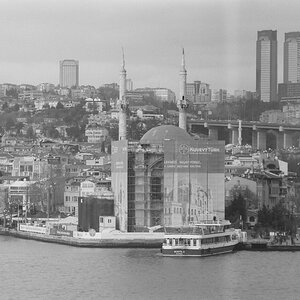
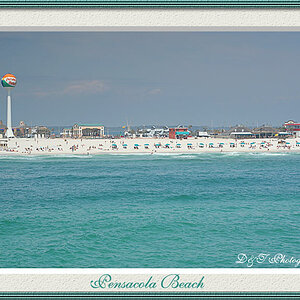
![[No title]](/data/xfmg/thumbnail/42/42474-aa3cf1f7163a823d6f10558b262a4bc3.jpg?1619740194)



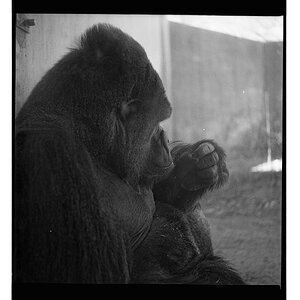
![[No title]](/data/xfmg/thumbnail/37/37658-89245697846ece2c4ecbce304510699b.jpg?1619738173)
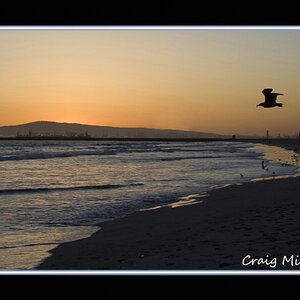
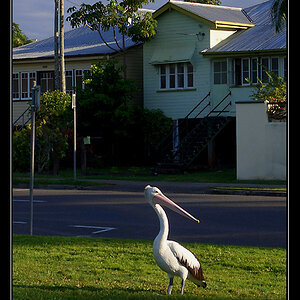
![[No title]](/data/xfmg/thumbnail/37/37487-ad3e64cc240e01884ca21a4f8e500b26.jpg?1619738111)
